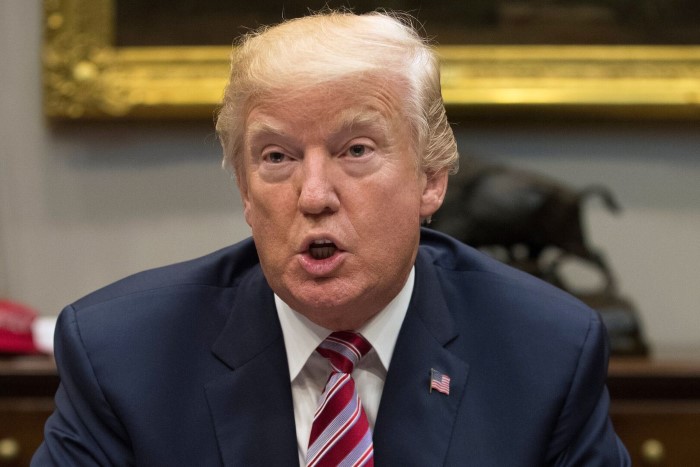In the heart of Iowa, Donald Trump has emerged as a central figure in a shifting evangelical identity reshaping the state’s political landscape, redefining voter priorities and alliances. The narrative of evangelicalism was once linked to regular church attendance and distinct religious beliefs. However, it has expanded to include a wider cultural and political identity.
Rethinking Evangelical Politics
For decades, evangelical support for Republican candidates has solidified. This support has created a strong connection between conservative cultural issues and the political agenda of the GOP. However, the unorthodox relationship between evangelicals and Mr. Trump challenges historical trends.
The Trump-Evangelical Dynamic
Traditionally, white evangelical Christian voters have been a stronghold for Republicans, propelling figures like Ronald Reagan and George W. Bush to prominence. Yet, Mr. Trump’s emergence signaled a seismic shift within this demographic, with his twice-divorced, non-religious background standing in stark contrast to the typical evangelical candidate profile.
Rethinking Evangelical Identity
The fervent support Mr. Trump received in both the 2016 and 2020 elections raised eyebrows. This support was often perceived as transactional, given in exchange for promises to nominate Supreme Court justices aligned with evangelical priorities. These priorities included overturning abortion rights. However, scholars and data point to a more nuanced explanation: Evangelicals are undergoing a transformation, broadening their identity beyond strict religious parameters.
The Trump Factor in Iowa Politics
Ryan Burge, a political science professor at Eastern Illinois University, highlights that politics has assumed the primary identity for numerous evangelicals. This shift has overshadowed traditional religious practices. This trend is most notable among white Americans, where identification as “evangelical” grew during Mr. Trump’s presidency, even as overall church attendance declined.
Assessing Trump’s Influence in Iowa
The upcoming Republican caucuses in Iowa serve as a litmus test for Mr. Trump’s continued influence within this demographic. Governor Ron DeSantis, his primary rival, has courted Iowa’s evangelicals through traditional methods, garnering support from influential figures and emphasizing his stance on issues like abortion.
Trump’s Resonance Among Iowa Evangelicals
Beyond policy stances and endorsements, Mr. Trump’s alignment with Christianity as a cultural identity stands out. His dedication to safeguarding this identity appears to strike a deep chord with Iowa evangelicals. At a recent rally in Waterloo, he portrayed Christians as a persecuted group facing a government aligned against their beliefs, resonating strongly with his audience.
Societal Shifts and Political Impact
This evolving evangelical identity has ramifications beyond mere political allegiances. Church attendance has seen a steady decline, especially among evangelicals. This trend has reshaped the influence of religious leaders. Simultaneously, it has led to the emergence of new influencers such as social media personalities, podcasters, and fringe preachers according to wall street journal repot.
The Future Intersection of Culture, Religion, and Politics
The evolving evangelical narrative in Iowa mirrors a larger societal change. This change involves the intertwining of cultural and political identities, which significantly impact voting behaviors. Additionally, it alters the role of religion in shaping the political sphere. As the political landscape evolves, the impact of this evolving evangelical identity remains significant. Understanding the future of American politics hinges on grasping this focal point.
Evolving evangelical identity, once rooted in church attendance and distinct beliefs, now expands to encompass cultural and political dimensions, notably influenced by figures like Donald Trump, reshaping voter priorities, as reported by the New York Times.

